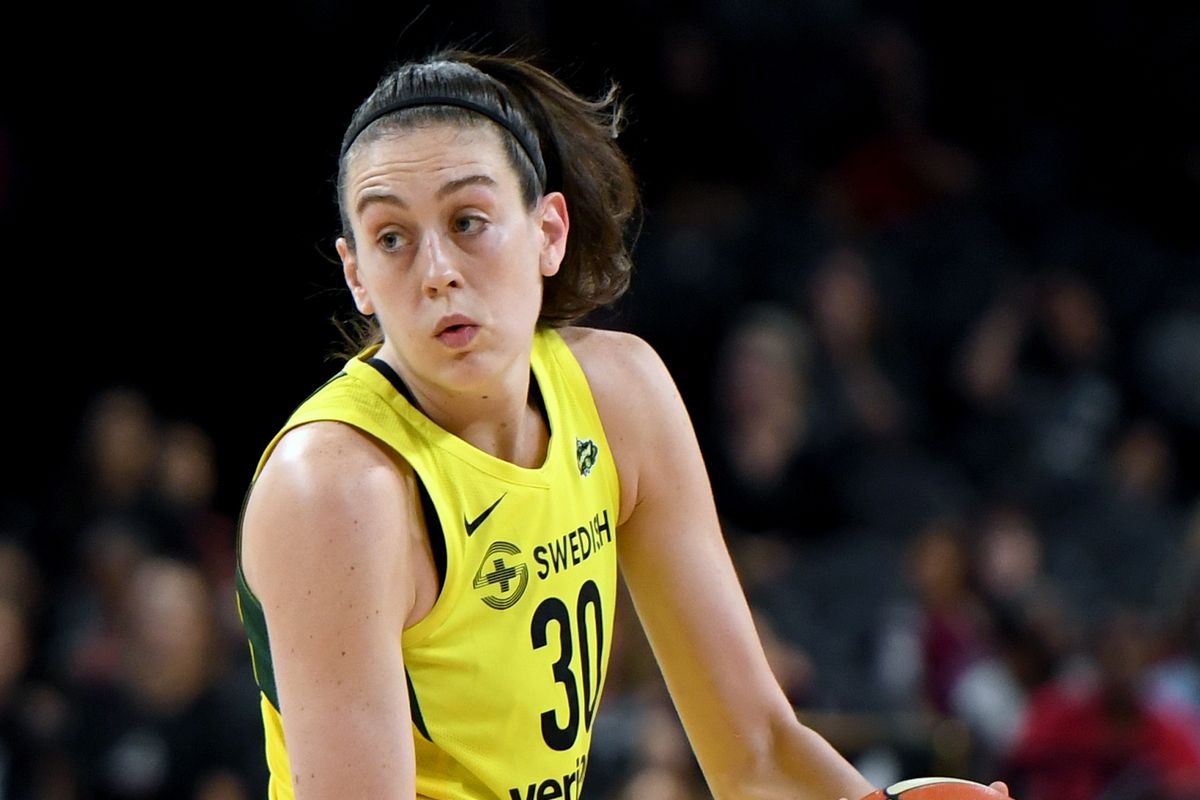
In his biography of Vince Lombardi, “When Pride Still Mattered”, David Maraniss details the way that many NFL players in the 1960s lived blue collar lives. Their salary as players was not enough to live on throughout the year, so they worked other jobs on the side, mostly during the off-season. Some tended bar. Others felled trees with handsaws or worked in mills or factories or on farms. It’s hard for us to imagine that in today’s world. The NFL players we are familiar with often have celebrity status in our society. They make lots of money and live secluded from the rest of us—the exception being what they show us through social media or other channels. They have agents who negotiate their contracts. In the off-season, they spend their time recuperating, vacationing, and probably training almost continually to get ready for the following season. The last thing an NFL player would do is risk injury by performing manual labor, not that most of them need the money. Indeed, their contracts likely preclude them from engaging in any such activities that may jeopardize their playing careers for their professional teams. NFL football has simply become too valuable as an entertainment enterprise and revenue source, through advertisement, merchandise, ticket and television contracts. The players are the “product on the field”, as some would say. Without them, obviously, there is no NFL.
In some other professional sports, players do things in the off-season, workwise. Many players in the WNBA pursue other opportunities after the season ends in September. Many go almost directly overseas, to Europe, China or elsewhere, to play an entire season of basketball in a foreign, professional league. In some cases, they make more money playing overseas than they do here in the WNBA. A male player in the NBA would never do this. They simply make too much money to. WNBA players make only a fraction of what their male counterparts do. It’s almost certainly a case of income inequality between men and women, and also a reflection of the disparity in popularity between men’s and women’s basketball. The base salary for WNBA players, negotiated by the players’ union and the league, is around 60k a year—a nice middle class salary. For men, the base is around a half million dollars a year, almost ten times as much. Even NBA referees make more than WNBA players. In addition to playing overseas, WNBA players engage in a variety of interesting off-season activities. Some coach high school basketball. One operates a food truck. Another owns a restaurant. They may pursue volunteer or other philanthropic endeavors. At least one works as a commentator on ESPN.
There are downsides to off-season side hustles. Breanna Stewart, who led the Seattle Storm to a WNBA title last September—the number 1 overall pick in the 2016 draft, after leading UConn to 4 consecutive NCAA titles—ruptured her Achilles while playing in the EuroLeague title game in April. It was right before she was scheduled to come home and get ready for the 2019 WNBA season, which is now underway. Stewart raced right to Los Angeles to have surgery and begin recovery. She will miss the entire 2019 season.
Another incident with implications for Northwest sports fans concerns Malik McDowell, the star pass rusher from Michigan State whom the Seahawks drafted in the second round in 2017. In the summer of that year, just prior to when he would have reported to Seattle for pre-season training, McDowell got in a bad accident. There have been scant few details revealed to the public, but what we know is that McDowell got in an ATV accident in his home state of Michigan. His injury has been described as a “severe concussion”. The Seahawks doctors never cleared him to play, effectively ending his pro career before it even began. The problem, for the Seahawks, was that they had already paid McDowell a signing bonus of over 3 million dollars, at least some of which they would now like back. It’s an unfortunate incident, mostly for McDowell, who likely will never play in the NFL, and conceivably could still be suffering physically from his injury. And while it’s easy for fans and others to say it was dumb of him to be riding an ATV weeks before the season began, we don’t know exactly what happened and it would be unfair to speculate.
What these incidents reflect is that players are people, too, free to make their own choices and have to live with their own consequences. It’s a point that sometimes gets lost among us fans, who can view them as vehicles for our own emotional needs. We would be wise to not judge them too harshly for what they do off the field and in the off-season.

